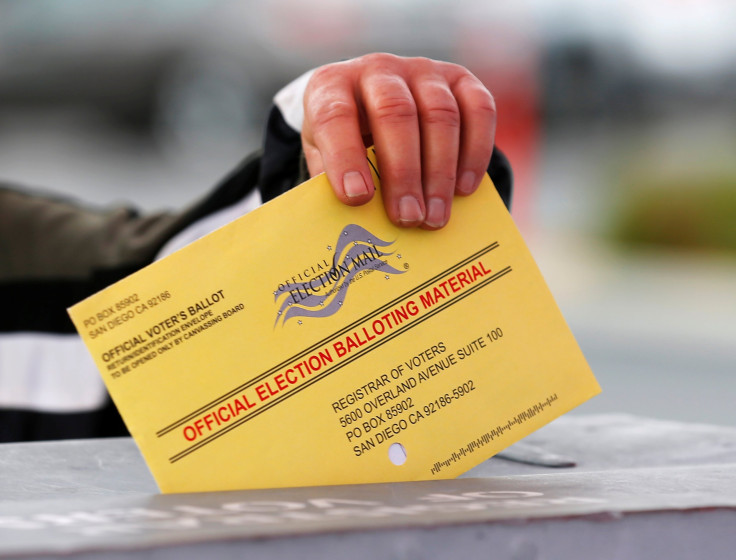Make Election Day A Federal Holiday? How Day Off From Work Could Change Voter Turnout

As the politicians rush Tuesday to get out the vote, many voters stuck at work might wonder why it's always so hard to find the time to actually get out and vote. That frustration has lead to a movement to make Election Day a federal holiday in an effort to make it easier on workers to find the time to make it to a polling place.
Election Day is not a federal holiday, but that's not for a lack of trying. Many have suggested the idea to improve voter turnout. Only about 54 percent of the voting age population actually voted in the 2012 presidential election, according to Pew Research Center data.
Vermont Sen. Bernie Sanders, who ran against Democratic presidential nominee Hillary Clinton, proposed legislation last year that would make the day a federal holiday called "Democracy Day."
"In America, we should be celebrating our democracy and doing everything possible to make it easier for people to participate in the political process," Sanders' office posted online about the legislation. "Election Day should be a national holiday so that everyone has the time and opportunity to vote. While this would not be a cure-all, it would indicate a national commitment to create a more vibrant democracy."
The nonpartisan organization Why Tuesday? was founded in 2005 and lobbies for either moving Election Day to the weekend or making it a federal holiday. There's "no good reason" Election Day is on a Tuesday, the group says on its website, but it adds "if we have to keep Election Day on a Tuesday, the least we can do is make it easier for people to vote on that day."
Despite the obvious benefits of higher voter turnout, there's a couple of reasons Election Day still isn't a federal holiday. First, it's a difficult legislative process to create a new federal holiday. Second, holidays cost a good bit of money for companies. Martin Luther King Day was the last one added, and that was three decades ago.
"If you’re going to make it a federal holiday, that’s basically forcing companies to give workers additional vacation time, so that’s going to cost them money and productivity," Michele Swers, a professor of American government at Georgetown University in Washington, D.C., told Marketplace.
© Copyright IBTimes 2024. All rights reserved.






















